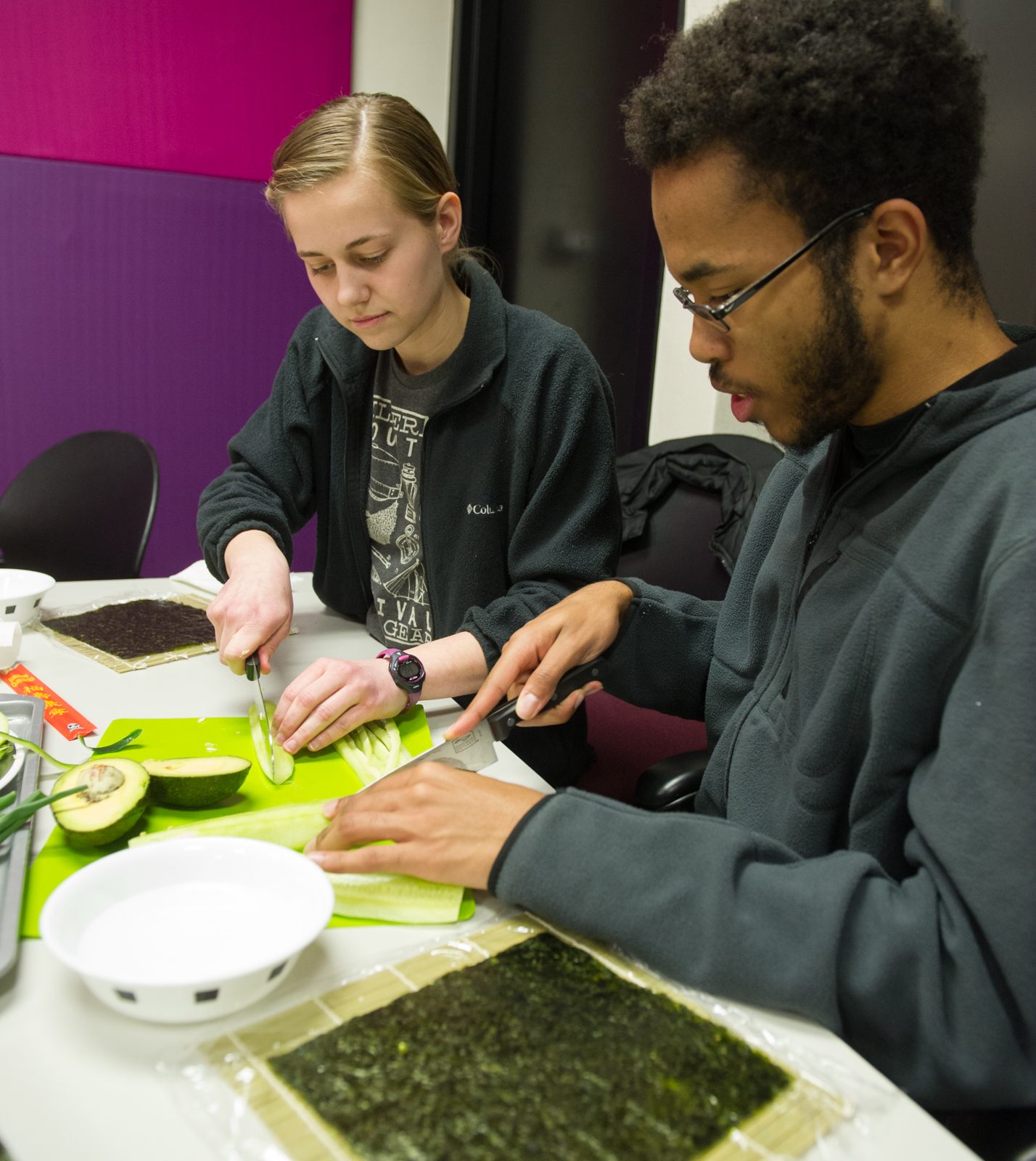Metropolitan Food & Environmental Systems
The Metropolitan Food & Environmental Systems (MFST) program uses an interdisciplinary approach to understanding and implementing solutions in the area of urban food and environmental systems to ensure the sustainability of readily available nutritious foods for metropolitan populations. The students in this major will learn to understand the science and practice of food production and security across urban environmental, economic, social, and health contexts, while maintaining environmental sustainability.
MFST is an individualized major that includes multiple experiential learning opportunities that are tailored to a student's career interests and are designed for direct job placement upon graduation.
- MFST 101 Experiencing Food Systems
Students in this major will be prepared for jobs in impact areas related to food systems, such as government, non-governmental organizations, institutional food buyers, investment firms, financial and insurance companies, industry, retail, and food service. Alternatively, students may choose to pursue post-baccalaureate education, including law school and graduate school in food systems or in specific areas of the food system.
- Communication
- Critical thinking
- Leadership skills
- Problem solving
- Scientific literacy
- Systems level thinking
- Director of Sustainability,
- Environmental and Sustainability Coordinator
- Equity & Inclusion Director
- Equity & Inclusion Specialist
- Policy and Program Sustainability Specialist
- Supply Chain Logistics Analyst
- Supply Chain Logistics Director
- Sustainability Advocate
- Participating in undergraduate research
- Applying for a study abroad experience
- Utilizing resources of The Career Center
- Joining a Registered Student Organization (RSO) related to this major, such as:
- Metropolitan Food & Environmental Systems Student Association
There are several professional organizations associated with Metropolitan Food and Environmental Systems. Their websites might provide a glimpse into the world of Metropolitan Food and Environmental Systems. These organizations include National Sustainable Agriculture Coalition, The Land Institute, The Sustainable Food Trust, The Food Recovery Network, The International Food Policy Research Institute, RUAF Urban Agriculture and Food Systems


